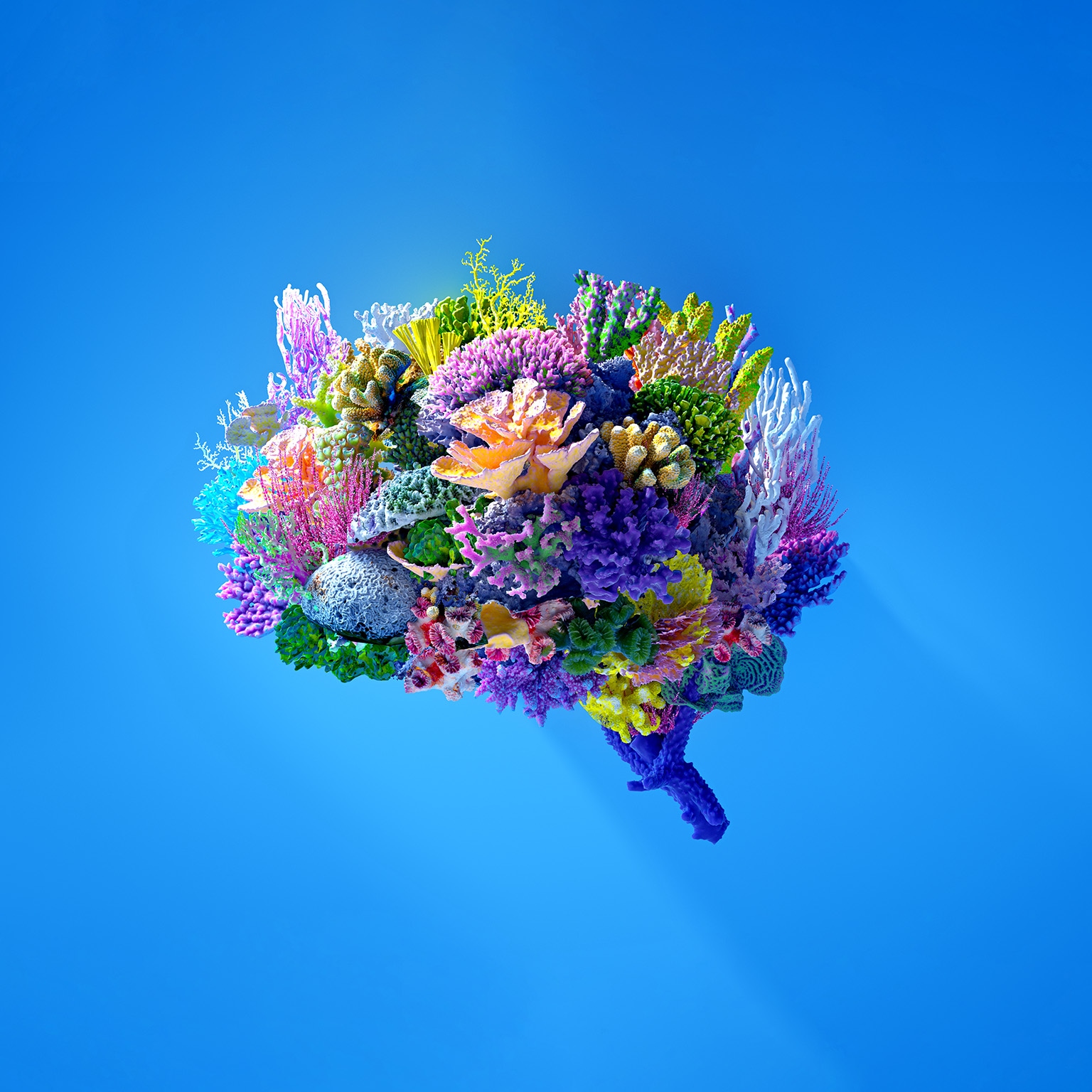The Importance of Holistic Development in Education
Understand the importance of holistic development in education and how it nurtures well-rounded, emotionally balanced, and future-ready individuals beyond academics.
In today's rapidly evolving world, education is no longer just about academic excellence. While subjects like math, science, and language remain crucial, there is a growing realization that true success stems from nurturing the complete individual. This is where the importance of holistic development in education comes into play. Holistic development focuses on cultivating intellectual, emotional, social, physical, and creative aspects of a child, equipping them to thrive in all facets of life.
What is Holistic Development?
Holistic development is an approach to education that considers the “whole child.” It emphasizes the balanced growth of body, mind, and spirit rather than focusing solely on academic outcomes. This concept encourages schools and educators to create an environment where children can explore their potential in multiple areas—be it communication, critical thinking, empathy, or creativity.
The Academic and Beyond
Traditional learning systems have long measured a child’s success based on grades and exam scores. However, these metrics fail to account for essential life skills such as emotional intelligence, resilience, teamwork, and ethical reasoning. A student who excels in math but struggles with social interaction or stress management may find it difficult to navigate real-world challenges.
The importance of holistic development in education lies in its ability to create well-rounded individuals who can contribute meaningfully to society. It helps children understand themselves better, interact positively with others, and face challenges with confidence.
Key Components of Holistic Education
-
Cognitive Development: Encouraging curiosity, problem-solving skills, and analytical thinking.
-
Emotional Development: Helping students understand and manage their emotions, develop empathy, and build self-esteem.
-
Social Development: Promoting communication skills, collaboration, and respect for diversity.
-
Physical Development: Integrating sports, yoga, and physical activities to boost health and coordination.
-
Creative Development: Allowing space for art, music, and drama to stimulate imagination and self-expression.
-
Moral Development: Teaching values like honesty, kindness, and responsibility.
Benefits of Holistic Education
-
Improved Academic Performance: Engaged and emotionally balanced students tend to perform better academically.
-
Enhanced Social Skills: Children learn to work in teams, resolve conflicts, and build meaningful relationships.
-
Better Emotional Well-being: Understanding emotions reduces anxiety, boosts self-confidence, and leads to healthier mental states.
-
Increased Motivation and Engagement: A variety of learning activities helps maintain students’ interest and motivation.
-
Future-Ready Individuals: With skills beyond textbooks, students are better equipped for both personal and professional success.
Role of Schools and Educators
To ensure the importance of holistic development in education is met, schools need to adopt a child-centered approach. Teachers must act not only as educators but also as mentors who understand the unique needs of each student. Classrooms should be interactive, inclusive, and adaptive to cater to varied learning styles.
Activities like storytelling, community service, sports tournaments, meditation sessions, and art festivals should be part of the curriculum. Additionally, regular workshops on mental health, emotional intelligence, and communication can greatly aid in fostering a nurturing learning environment.
Parents as Partners
Holistic development cannot be confined to the classroom alone. Parents play a vital role in reinforcing values and skills at home. Encouraging open conversations, involving children in daily responsibilities, and supporting their interests outside academics can go a long way in shaping balanced individuals.
Conclusion
The importance of holistic development in education goes beyond academic brilliance. It nurtures individuals who are thoughtful, resilient, socially aware, and emotionally balanced. As education systems evolve, integrating holistic principles is not just beneficial—it’s essential for building a better future.
































































![https //g.co/recover for help [1-866-719-1006]](https://newsquo.com/uploads/images/202506/image_430x256_684949454da3e.jpg)
























![How Smart PMs Scale Their Careers in Any Org [TPG Live Recap]](https://tpgblog.com/wp-content/uploads/2025/06/2025-06-12-thumbnail-action.png?#)





















































